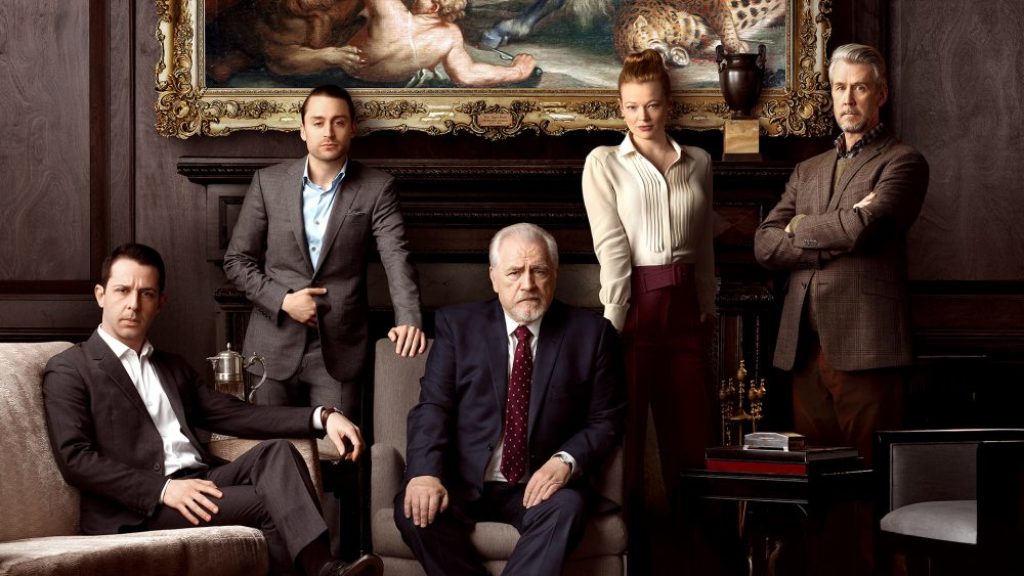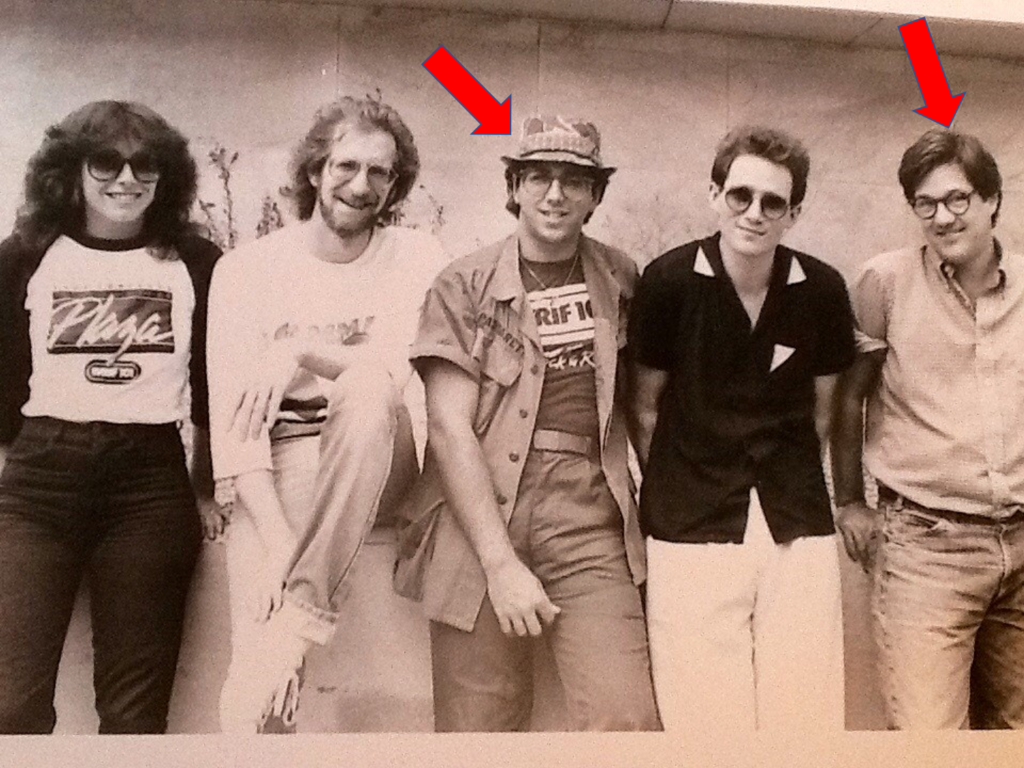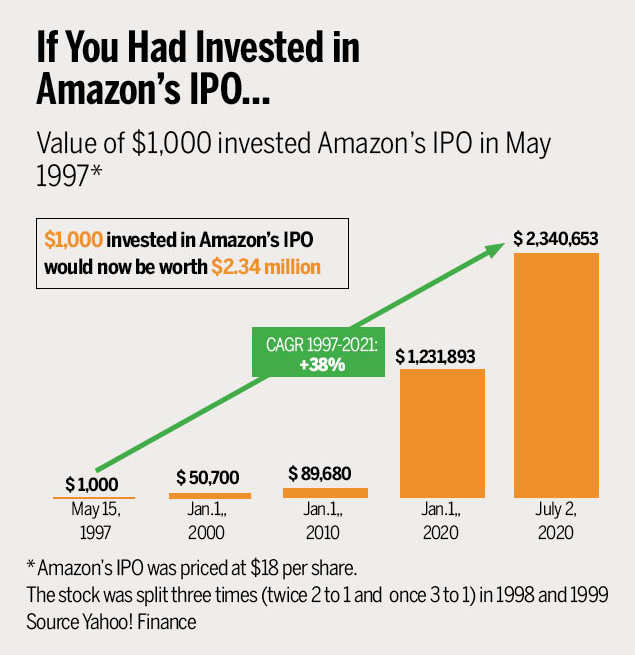
I’m a big fan of the HBO series, Succession.
It is a mean, brutal, and wickedly funny show about business, family, greed, and all the emotions they bring along for the ride. Succession is reportedly based on the Murdoch family and its empire.
In this case, it’s the Roys, and the show tracks patriarch Logan Roy’s journey toward replacing himself – with one of his four children, all of whom are vying for the prize.
It’s not pretty, but it is highly entertaining. And every time I watch an episode, I flash back to a true story about my succession plan in radio.
It’s 1982, and I’m programming WRIF – a great job with the American Broadcasting Company. I’m making a nice living, and if I’m good at my job, I just may qualify for a juicy quarterly bonus. The only problem with the incentive package is that rather than being tied to station performance or some other logical metric, the bonus is 100% arbitrary. The station’s GM, John Hare, can give me all of it, part of it, or none of it – his discretionary call – based on his perception of how I’m doing my job.
So, it means you better have a pretty clear, well-defined relationship with your boss. Having a solid understanding of his mindset and expectations is key to getting the lion’s share of the bonus.
Problem is, he’s a pretty emotional guy. And so am I. While we both wore our feelings on our respective sleeves, we were each prone to the occasional “mood swing,” if you get my drift. So, the bonus situation was anything but predictable. In fact, it was downright volatile.
No matter, I was coming off a stellar spring book, the station was on top of the rock heap, sales were strong, and there were no personnel eruptions waiting to happen. I strolled into his office nearly forty years ago feeling pretty good about scoring my entire bonus for that quarter.
And the meeting began like many others. John started to list the key variables that described the state of the station. And as I’d imagined, he was hitting on all my important accomplishments and fulfilled goals. I was even getting along (reasonably) well with the GSM, another factor that suggested I was going to have a good day.
That’s when the conversation took an odd turn. John looked at me, told me what a wonderful, dedicated, hard-working PD I had become. There was just one problem – and it was the reason why I was to get only a portion of my cash stash. He gave me the old laser-beam stare, and said this:
“The reason you’re not getting a bigger bonus is that your successor is not on staff. If something happens to you, who can take over this place?”
That pronouncement ushered in a rainbow of emotions.
Who cares whether my replacement was in the building? Wasn’t that his problem?
And what did that say about the music director and the APD for starters – both strong managers in my book.
I sulked back down to my office, but when the smoke cleared, I began to understand that he was right. Part of every manager’s responsibility is sustainability – ensuring the show will go on.
 I went on to become more cognizant of my two main assistants, Mike Mayer and Mark Pasman (both pictured right), and what they were doing and learning while in their roles as back-ups. I am proud to tell you both of them went on to program WRIF, and at high levels.
I went on to become more cognizant of my two main assistants, Mike Mayer and Mark Pasman (both pictured right), and what they were doing and learning while in their roles as back-ups. I am proud to tell you both of them went on to program WRIF, and at high levels.
And that leads me to one of the big stories of the week and the year:
Jeff Bezos stepping down as founder and CEO of Amazon, perhaps the world’s most successful business. And it’s been guided by the world’s richest man.
How do you replace an icon like Bezos – a question being asked by now-wealthy Amazon stockholders?
 The new guy in the spotlight is Andy Jassy. All he’s done is run AWS – Amazon Web Services – these past many years, the most successful division in the entire company. In fact, AWS was his idea.
The new guy in the spotlight is Andy Jassy. All he’s done is run AWS – Amazon Web Services – these past many years, the most successful division in the entire company. In fact, AWS was his idea.
Jassy is also a huge sports fan, loves his Grunge (he’s worked for Amazon in Seattle since ’97), and is a highly competitive executive.
And he’s taking Bezos’ keys at an especially dicey time for all big tech companies. These days, consumers are increasingly wary the Trillion Dollar Death Stars have gotten too big for their britches. We can expect to see executives like Jassy testifying in front of Congress in the coming months and years, defending their size, reach, and influence.
And while I may have thought the Detroit rock radio community was hyper-competitive back in 1982, Jassy finds himself up against Apple, Google, Facebook, Microsoft and others vying to achieve elite tech/business status.
Imagine taking over a radio station with Amazon’s “ratings.” It turns out had you bought $1,000 in Amazon stock at its IPO price in 1997 (the company was named Cadabra at that time), you’d be worth north of $2 million today.

This handful of companies in Amazon’s league is also impressive because of their own successful succession plans. Many felt Steve Jobs was irreplaceable, but Tim Cook has made Apple even bigger and more powerful during his reign as CEO. Ultimately, leadership at Microsoft, Google, and other behemoths have thrived after their founders moved on. Could your company or station say the same thing?
So, what’s the plan, Stan? How deep is your bench? Is your replacement on staff? Could the station sustain itself after your era of leadership is over?
If not, you might not get that bonus.
- Media And Technology In 2025: Believe It Or Not! - April 18, 2025
- In Radio, You Just Never Know - April 17, 2025
- The Secret To Making A Great Podcast (And Great Radio) - April 16, 2025




James Collins devotes a lot of that very subject in his “Good to Great” book. He criticizes companies with great CEOs that didn’t take the time to line up another great successor. My only thought is perhaps your boss could’ve approached that subject BEFORE bonus time, but I guess he may not have made the impact he did if it was at another time.
Buck, I thought of that. It might have helped to know – in advance – the bonus criteria. Lesson learned. Next time, getting that info upfront is essential.
I was fortunate enough to find my successor at the Rubber City Radio Group. I’d identified the candidate a number of years ago…courted him…kept him close and up-to-date….ready to “pounce” when the time was right. The time between identifying him and bringing him on board gave us plenty of time and opportunities to interact…spending time together…knocking around the little white ball…even swill a few bourbons.
This made the decision easy….and one I made with complete confidence. I left my organization in great, capable hands.
P.S. Fred….who’s YOUR successor? 🙂
Mark BIViano
Sr. VP/semi-retired
WAKR/WONE/WQMX/WNWV
Cleveland-Akron
Biv, thanks for the insight here. Your track record at Rubber City is textbook. It truly is about leaving the place in great hands.
As for Jacobs Media, is Paul an acceptable answer? I hired him 30+ years ago, and he’s still questioning all my decisions!